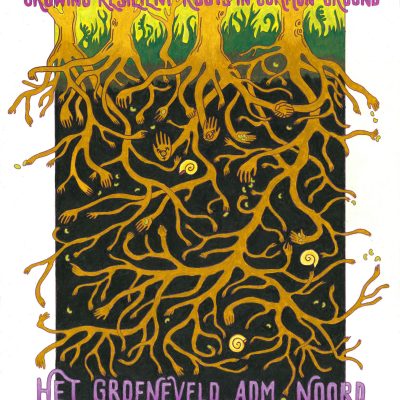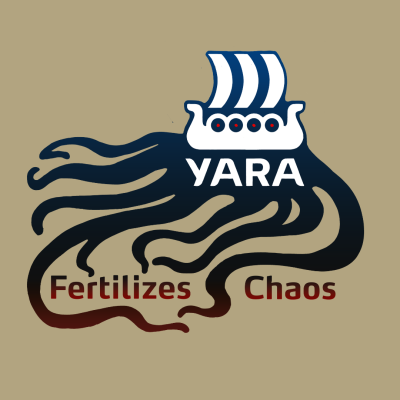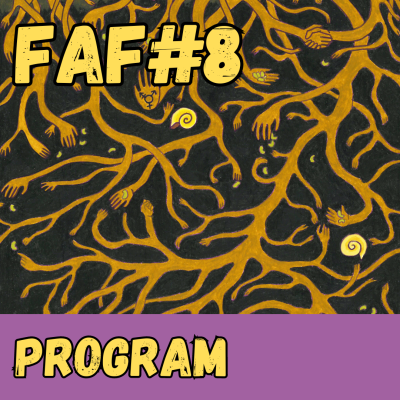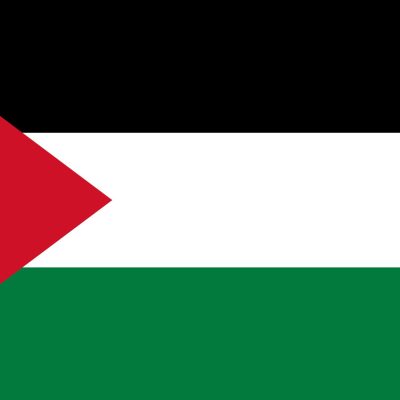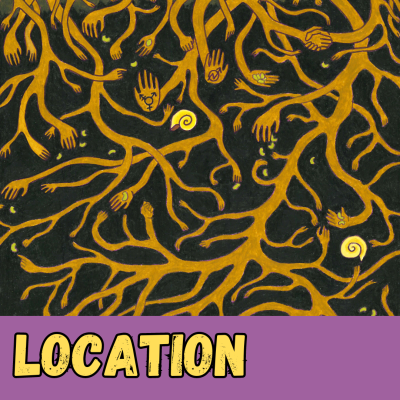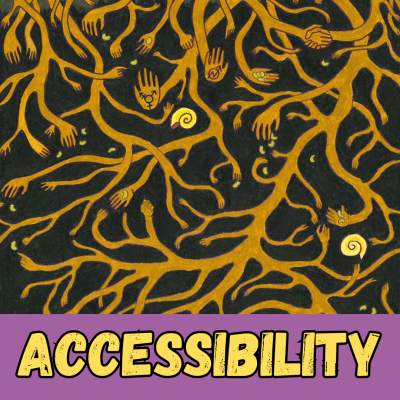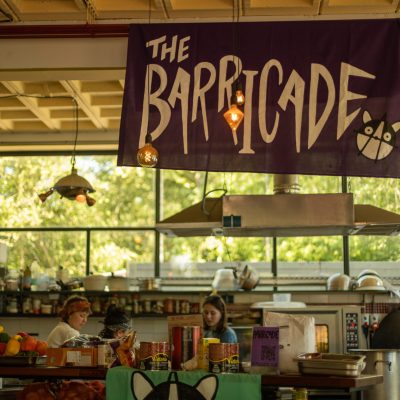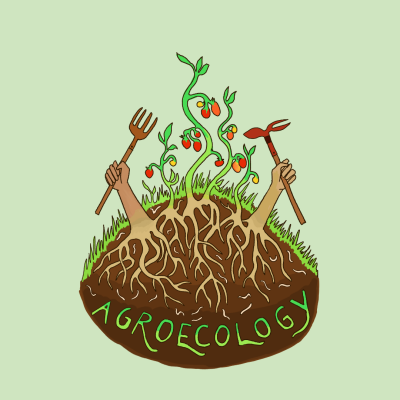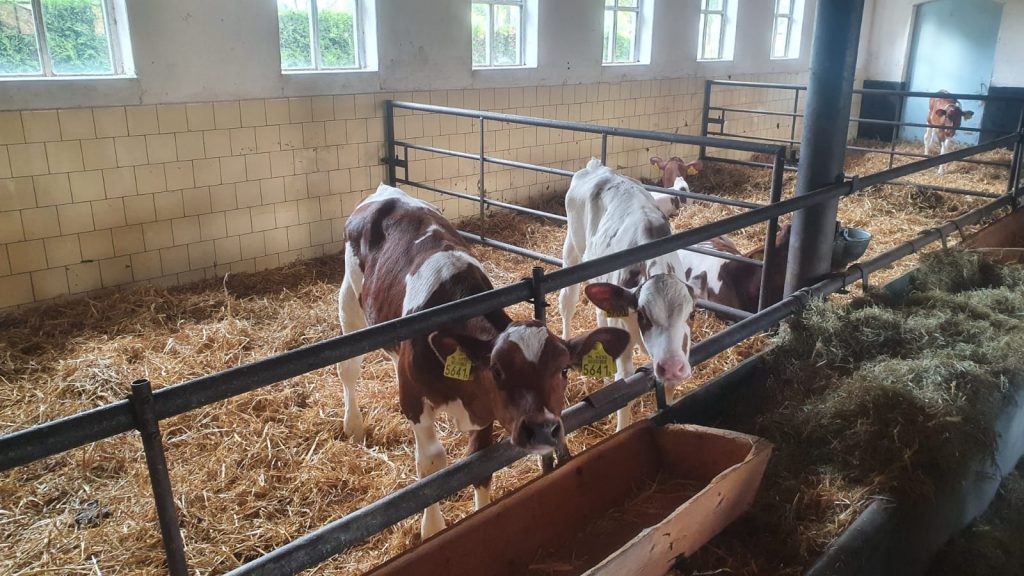
Interview conducted by Robbie Dubbelman
For this Farmer Portrait we will be going somwhere a bit closer to where the ASEED Office is located: The Netherlands. The farmer I interviewed is Dirk Borgman. Dirk works in a family business that primarily produces cowmilk. Agriculture has been the way his family has made a living for at least three generations in the Achterhoek, one of the most Eastern regions of the Dutch Province Gelderland, famous for its farmers. Dirk farms what can be described as sustainable, although his family company also uses more intense modern farming methods. While ASEED Europe promotes agriculture which is totally ecological, fossil free and made for a local market, we still felt it’s important to show how the Coronavirus has impacted farmers that do not produce in this manner. At the end of day non-ecological farmers are a very important factor in the global agricultural system works and their insights are valuable if we want to better understand how pandemics and economic crises affect the people that produce the food and drinks we consume. On top of being a farmer, Dirk is also a farming activist. He also works with the activist organization Agractie. This organisation has been protesting against recent government measures, some of which were intended to make agriculture more sustainable. Although this organization’s ideal vision of agriculture may not always align with ours, it is crucial we engage in a dialogue with them if we want to transition towards a more sustainable form of agriculture on a regional, national and finally global level. Read the interview below:
Where and what do you produce?
We have a milk producing company here in the Achterhoek and we produce milk.
And for how long have you been producing?
Well it’s the question what we produce as agricultural products, then it’s only feeding corn and grass. How long we’ve been doing that is several generations. Three or four generations long.
So, it’s a family company?
Yes.
And is it industrial, biodynamic or ecological?
I find it hard to define exactly which category we fall under, but we take part in the quality mark by Friesland Campina. From that perspective I’d say we lean more towards the biological side, but we’re not totally biological. We do little of traditional farming but because of the standards [by Campina] and a bit of our own vision we haven’t been using pesticides and we’re trying to take care of our ground more. We let the cows go outside, we try to use more alternating cultivation and we’ve stopped ripping up grassland because it produces CO2 et cetera.
Was it because of ecological motivations to make those changes?
Partially, that was a reasonable part of it. Another reason was, at the moment this quality mark is done in such a way that you’ll get financial compensation for it. For us as a company doing these things will mean extra costs so that helps.
In what way has the Coronavirus impacted your life and work as a farmer?
The work just continues, so there’s little change in that regard. Here in the Netherlands things are run in such a way that you have a lot of advisors and external factors. And we’re trying to work with them mostly from a distance through the computer. Normally speaking a feeding advisor would come by and sit at the kitchen table but now that is done from a distance.
Do you notice an impact on how much you can sell or how much you can keep producing?
No, not exactly right now but it is so that it [the Coronacrisis] is starting to have an impact on market prospects. There are starting to be decreases in the price of milk and the prospects say that it could go down 5 cent per liter. That will have significant consequences. That’s survivable but it will be about big financial losses. If you calculate that a company produces a million liters of milk, then we’re talking about 50,000 euro.
And you also produce for the export market?
Well, the Dutch market mostly produces for other countries. We don’t really have a say in where our milk goes to. We do have the quality seal on some of our products that will mean our milk ends up in Dutch supermarkets. Because all of Campina’s products in the supermarket have the quality seal, so that is a cash flow that goes to a lot of Dutch customers. Of the Dutch-produced milk a lot goes to the export market. That’s why we’re very dependent on foreign markets and what they do with their export.
At this moment have you felt effects on how much income goes in through the export market?
Yes, there is a decline, but those declines might worsen after the Coronacrisis.
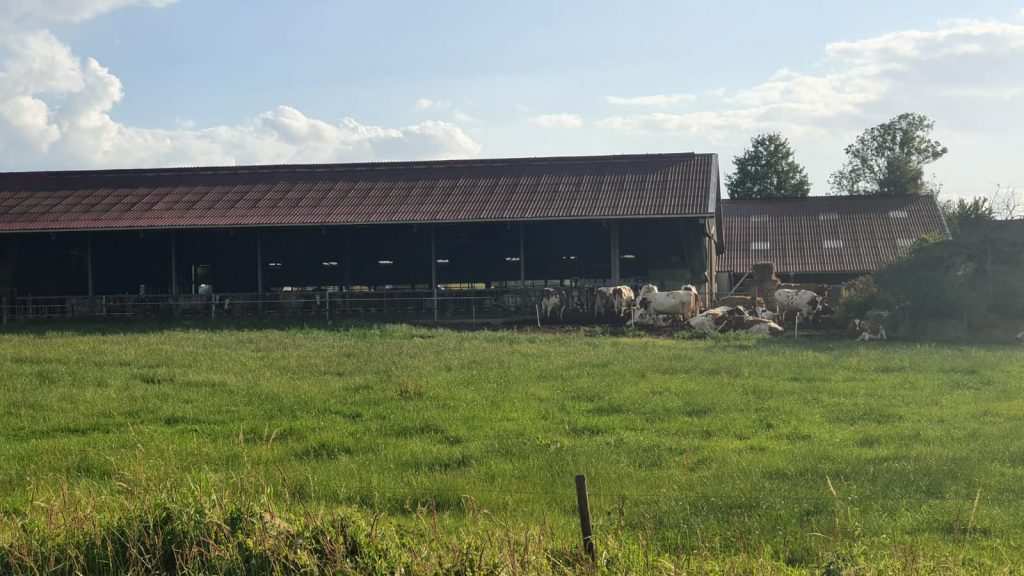
Do you feel that the Dutch agriculture needs certain things during these crises?
That’s related to what I mentioned before: The export market has to be secure. In the Netherlands that’s pretty well taken care of. In the Netherlands that alright, but I can imagine that may be different for other market. And I’m talking from the perspective of a dairy farm, but I know that other Dutch agrarian sectors are dealing with a different situation.
Can you give examples of which sectors are dealing with a worse crisis?
With the people that that cultivate their fields it is said that it’s worse and especially the meat industry is hard hit. In the meat production the prices seem to be very heavy. With us some of the bull calves go to a breeder who then sells the meat later. But the price we still get for our calves is close to nothing. There is no market for that.
Why do you think that is?
Because the export is under pressure.
So, there is a difference between milk and meat production. So, some parts of the agriculture will be harder hit.
Yes, I think so. I think luxury products will be hit harder than the basic products. I cannot say a lot about who will be hit harder. But that’s the only thing that we need help with, that there’s a market for all sectors of agriculture.
I can remember in former conversations I’ve had with you, that you mentioned the disadvantages of producing for an export market. That it would require you to produce more and that the trade routes were unreliable.
Of course, we as Dutch consumer as more inclined to be okay with sub-par quality as long as it’s cheap. In the Netherlands we produce very high-quality food. For that reason, a lot of Dutch food is exported. If you look at white and rosé meat calves, those are harder to breed but in other countries they’re very prepared to pay the price for that meat. But in the Dutch markets you don’t see that meat. And that may be a way in which we’re seeing how the export markets are under pressure. In the Dutch we simply have a surplus of food.
And how do you think you can help out as a farmer during this crisis? What do you think is the most important role in agriculture?
To keep producing good and safe food. If people keep eating healthy than they’ll stay healthy. As for the [economic] crisis, I’m not sure.
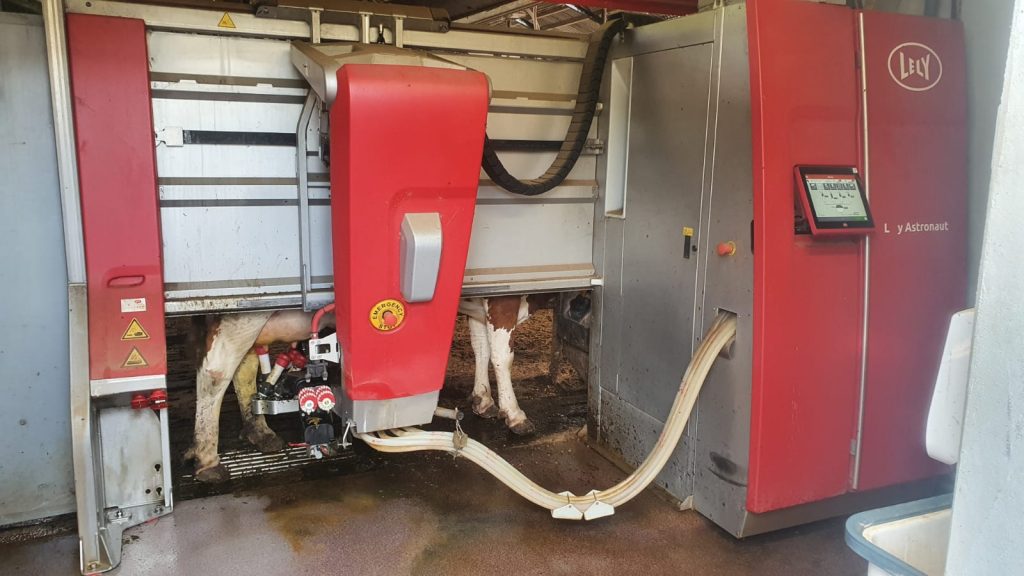
Now farming is deemed an essential profession but for a long time farmers have felt ignored by politicians. How do you feel about being deemed an essential by politicians?
That’s hard, I’m very unhappy with the way Dutch politicians have treated us. The fact they call us essential doesn’t really warm my heart. No, I would like to see measures that actually show their appreciation, and I’m not seeing that right now. That we’re a primary job has been so for a long time, also in times of war. That we’re being mentioned explicitly doesn’t do much for me.
So you don’t think there will be more appreciation after this crisis for the Dutch farmers?
No not necessarily, not when they’re already pushing laws through which will harm the agricultural sector.
Do you have examples of those laws?
Not specific examples that I can mention quickly, but there are some measures that will put pressure on us. I can mention one example: There can no longer be egg-whites in the food of our animals. That will be put under pressure.
Do you know why that will be done?
Because egg-whites will be converted by an animal into ammoniac, which then leads to the “nitrogen problem”. That was what led to the nitrogen crisis and they’re now pushing laws through that farmer would’ve protested against but that was impossible because of the Corona measures. So no, I don’t a lot of appreciation from the politicians.
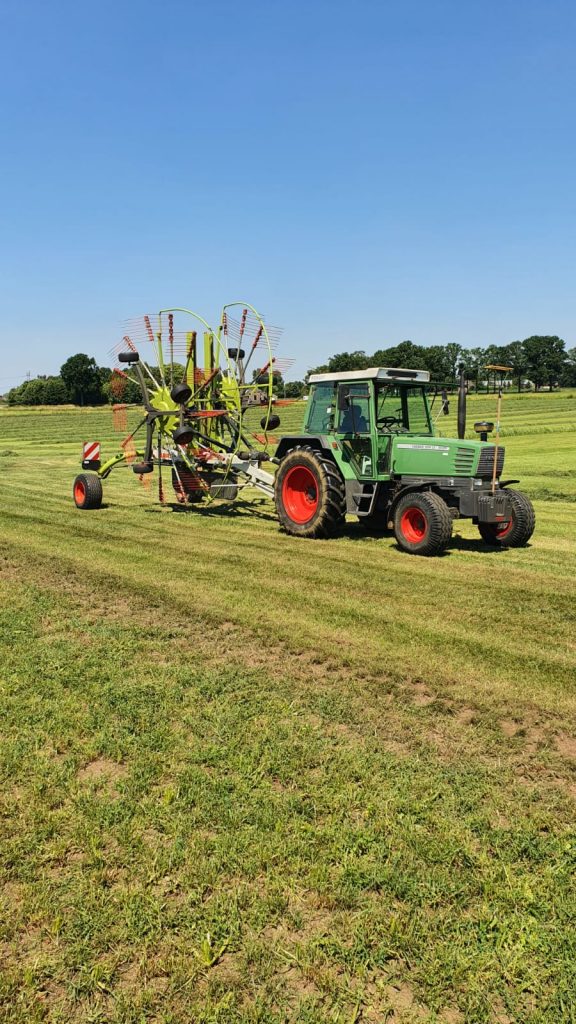
The Coronavirus has also been created because wild nature has been invaded more by humans, that has messed up nature to a large degree. How do you think there can be a future for more safe food production?
I think Dutch food is as safe and good as it can be. We’re famous in the Netherlands from producing just about the highest quality food in the world. Then you have to ask yourself. A lot of people have a lot of animals in their home. Dogs, cats, mice et cetera. And you have to ask yourself how you deal with them? Do you treat them like animals or almost like a child? And besides it’s important to be watchful of wild animals because they can bring a lot of diseases with them. But I think the Dutch livestock farmers work very clean. There are diseases but they’re kept track of so closely that they rarely reach other people.
Dutch farmers have experienced more health crises in the past. Have you had to deal with them as well? Do you think lessons can be drawn from it?
I never experienced Food-And-Mouth diseases. My parents have. My mother compares this period to that period. At that time our entire company was locked down. My mother worked outside of the house for a few days, in special education. And when she would enter the company, she would take a shower and put on new clothes. At the company there was a sluice for everyone that had to enter the grounds. She [Dirk’s mother] still does that as much as possible, also before the Coronavirus. Once a week shopping for groceries, just avoiding the human contact as much as possible. And I think in that sense, because my father has mentioned that, that he wasn’t as shocked about this crisis and that it could happen in this way. Among animals it can also go quickly that if one animal gets sick many hundred more can also get sick. Diseases can spread really fast, and the fact that it happened to humans wasn’t a huge surprise.
What do you think are the most important lessons to be drawn from the Coronacrisis?
That we have to be watchful of wild animals. In the livestock industry we’ve been addressing the fact that they have to be handled more carefully, because the most infectious diseases in agriculture come from the wild. If you look at swine flu, avian flu, they all come from wild animals and then enter agriculture. The mixing of these animals’ diseases, we have to be more vigilant with that. And I also think that’s the case for people that have a little pig walking around or people that have dogs and cats without doing proper research. I think the example of letting a pregnant woman clean a cat litterbox is an example of that. An animal in the house is fun, but they are spreaders of disease, so be careful. And I think it can happen again. What happened now, it could take another 20 years for it to happen, but it can just as easily be just five years. So, a warned person is twice as prepared. Remember that it can happen again.
Would you like to add something else?
From a farmer’s perspective: We’ve been talking about infection pressure within stables. Infection pressure is something you can increase or decrease in different ways. One of the most important factors is how many animals you have per square meter. Because the more animals you put on a small piece of land, the higher the infection pressure will be. And I think that big cities and places will lead to a problem regarding the Coronacrisis. I live in the Achterhoek, and I can tell you that there’s not a lot going on here. I don’t know anyone who has been hit by the Coronavirus. There’s not a lot going on here, because there’s a lot of distance between people. I’ve talked to people in cities and they’re saying it goes around pretty fast there. (…) What I’m trying to say is that when people all live on the same small piece of land, that you’ll have to be prepared that the infection pressure is higher, and that if it breaks out it will spread faster.
You’re saying that we’re like tightly pushed together people in a city?
It is kind of like that, if you’re all living in an apartment building with hundreds of people and you’re all using the same elevator.
Then agriculture is almost better prepared than the average large apartment building.
I think so because, the spaces in between disease outbreaks are shorter, we’ve had more experience with it.

